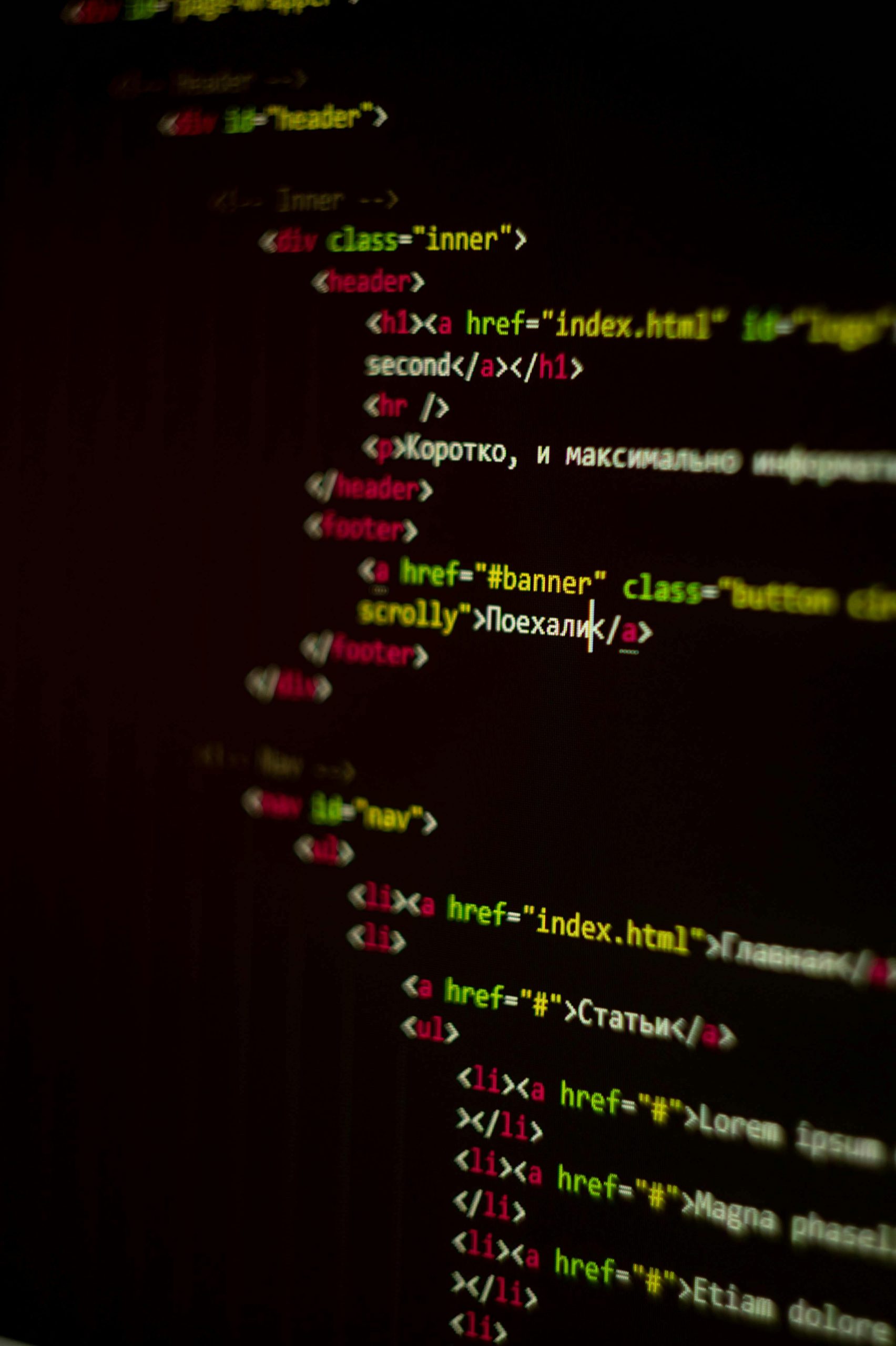The choice of a framework for a personal project largely depends on the nature of your project, your goals, and your familiarity with the technology stack. Here are a few considerations to help you choose:
Project Type: Identify whether your project is a web application, mobile app, game, data analysis tool, etc. Different frameworks cater to different types of projects. For example:
Web Development: If your project involves developing a web application, consider frameworks like React.js, Angular, or Vue.js for the front-end, and Node.js, Django, or Ruby on Rails for the back-end.
Mobile Development: For mobile apps, React Native, Flutter, and Swift for iOS, or Java/Kotlin for Android are popular choices.
Game Development: Unity or Unreal Engine are good options for game development.
Data Science/AI: Use frameworks like TensorFlow, PyTorch, or Scikit-learn if your project involves Machine Learning or data analysis.
Scalability: If you plan for your personal project to evolve into something larger, consider a framework that scales well. For web applications, Django and Express.js are known for their ability to scale.
Ease of Use: Look for a framework with comprehensive documentation and a strong community. This will make it easier to find resources and troubleshoot any issues. For instance, React.js has a vast ecosystem and community support.
Performance: Depending on the requirements of your project, you may need a high-performance framework. For backend services, Node.js is known for its non-blocking, event-driven architecture, which is good for I/O-heavy applications.
Personal Familiarity and Learning Objectives: Consider your own skill set or what you aim to learn with this project. Picking a framework aligned with your skills or in a technology you wish to learn is beneficial for personal growth.
Cross-Platform Capabilities: If your project needs to run on multiple platforms, frameworks like Flutter for mobile development or Electron for desktop applications will help you target multiple OSes using a single code base.
Ultimately, the choice of framework should align with your project’s requirements and your personal development goals. Start by identifying your project’s main technical challenges and use those to guide your framework choice.


One response to “What’s the ideal framework for a personal project?”
This post provides an excellent overview of the considerations for choosing a framework for a personal project. I’d like to add a couple of additional points that might further enrich the discussion.
Firstly, it’s worth emphasizing the importance of prototyping. Before fully committing to a specific framework, I recommend building a small prototype or a proof of concept. This can help you to experiment with different frameworks to see which one resonates best with your development style, and allows you to quickly gauge their capabilities and limitations in practice.
Furthermore, while scalability is a crucial factor, don’t underestimate the advantages of rapid development. For personal projects, sometimes the goal is to validate an idea or learn something new rather than to scale right away. Frameworks that offer quick setup and development processes (like Flask for Python or Symfony for PHP) can be incredibly beneficial when time is of the essence.
Lastly, consider the long-term ecosystem surrounding the framework. Trends in technology can shift considerably, and a strong community or a well-maintained framework can result in better support and resources over time. It’s useful to look for current popularity trends or forecasts in technology forums or communities to ensure the framework you choose has a sustainable future.
By taking these factors into account, you can make an informed decision that not only matches your current needs but also supports your growth and adaptability in your programming journey. Happy coding!